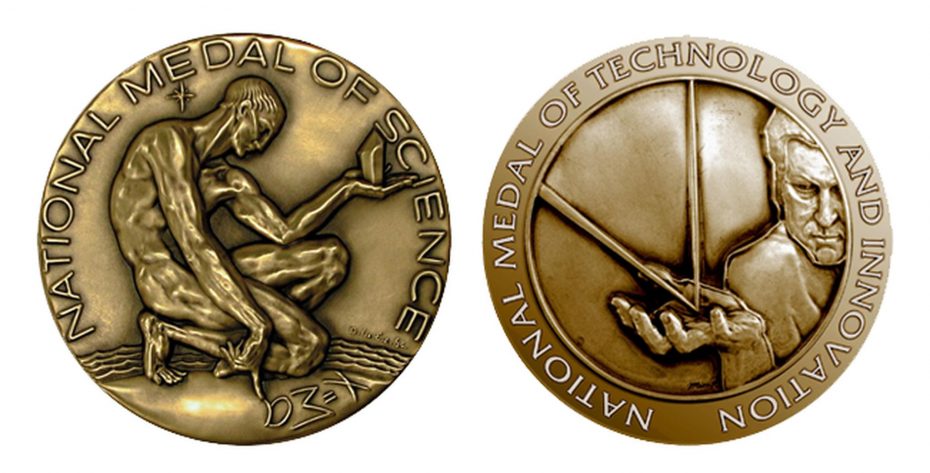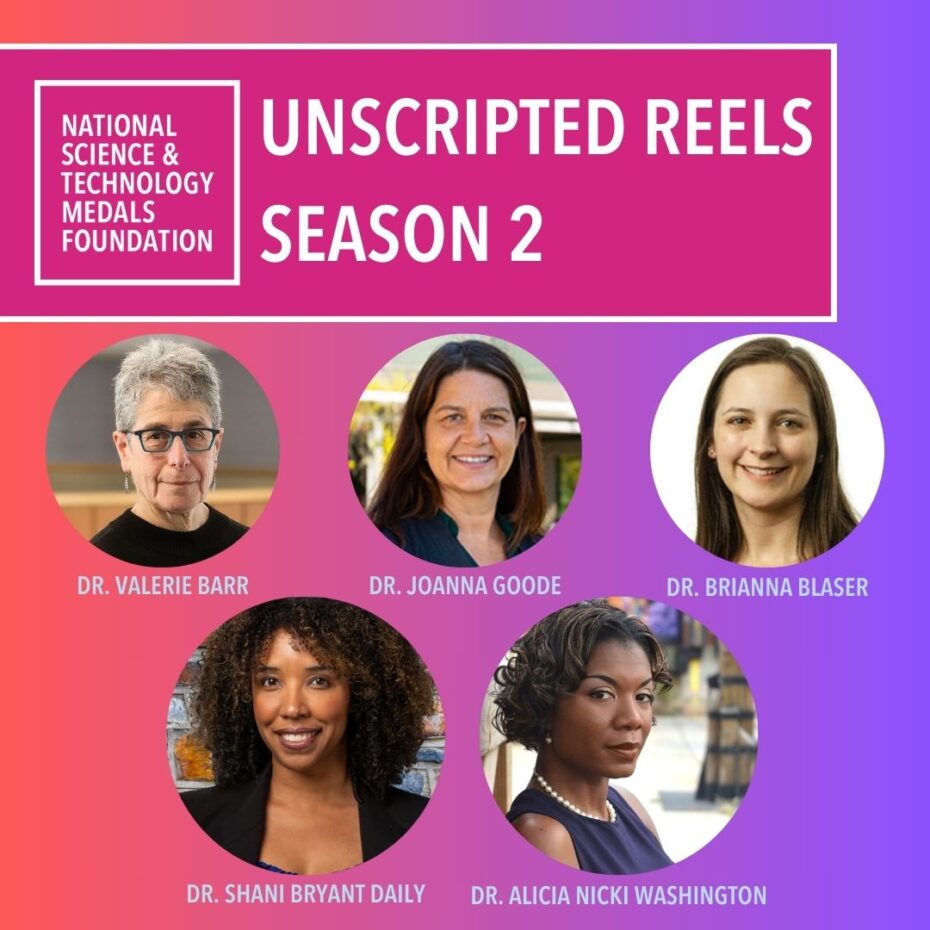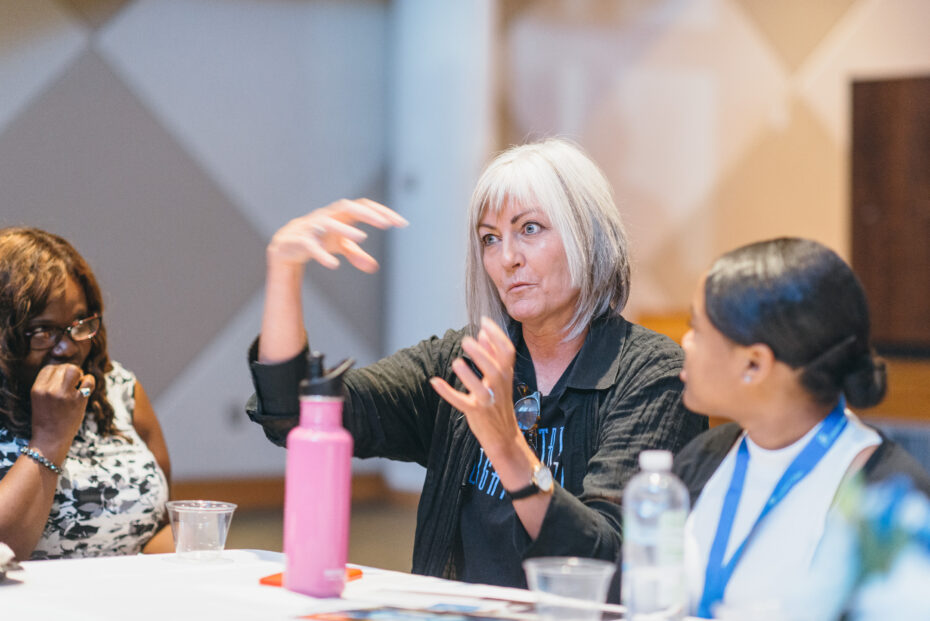The odds were against Dr. Shirley Ann Jackson when she started school. As an African American girl, she was limited by segregation, despite a deep-rooted interest in science and math and a drive a to learn.
“When I started school, schools were segregated by law,” Jackson told students at Howard University, a historically black university, at an event hosted by the National Science and Technology Medals Foundation.
But two historical events would set her on a path headed for scientific accomplishment — and leadership. They would lead Jackson to be president of Rensselaer Polytechnic Institute, the chairman of the U.S. Nuclear Regulatory Commission, the first African-American woman to receive a doctorate from Massachusetts Institute of Technology and receive the 2014 National Medal of Science.
“The first was the Brown vs. Board of Education Supreme Court decision that desegregated the public schools. Washington, D.C. … integrated schools the next year, in 1955,” Jackson said. “The second was the Soviet launch of the Sputnik 1 satellite. It really made all of our policymakers and government leaders worry about falling behind the Soviets, vis-a-vis the space race.”
“That shifted the focus in public education very strongly to science and math,” she added.
Jackson also said she was lucky to have parents who served as educational role models, encouraging and supporting her love of learning.
“My mother taught all of us to read before we went to kindergarten and my father nurtured my interest in math and science,” she said.
Jackson’s mother had graduated from college and even done some post-graduate work at a time when education was not friendly to African Americans.
“Her older siblings pooled their resources to send her to a boarding school because there was no real high school for Negros in the part of Virginia where she grew up,” Jackson said.
Jackson’s father did not graduate from high school, “but he was gifted mechanically and mathematically,” Jackson said.
“He was actually part of the Normandy invasion in WWII,” Jackson said. “The amphibious landing vehicles kept losing their rudders. They kept breaking, and people were trying to figure out how to fix them. My father came up with a special mechanical splice that solved the problem.”
“Because of that, he got a bronze star. His method was taught throughout France for the rest of the war and was taught to people before they went.,” she added.
Despite the example set by her parents and her own drive to succeed, Jackson faced resistance throughout her education.
“We had a physics teacher when I was in high school who would come to class and just wouldn’t teach. All of us sitting in this class were pretty eager beavers,” she said. “We were trying to understand wave motion. He was supposed to show us the wave motion in a ripple tank.”
When the physics teacher refused to teach the class properly, Jackson stepped in.
“He said, ‘If you want a ripple tank, you do it yourself.’ So, I went home, and my father and I made a ripple tank,” Jackson said. “After that, the teacher gave up; he said Shirley can teach your class. I did teach the class for the rest of the semester.”




